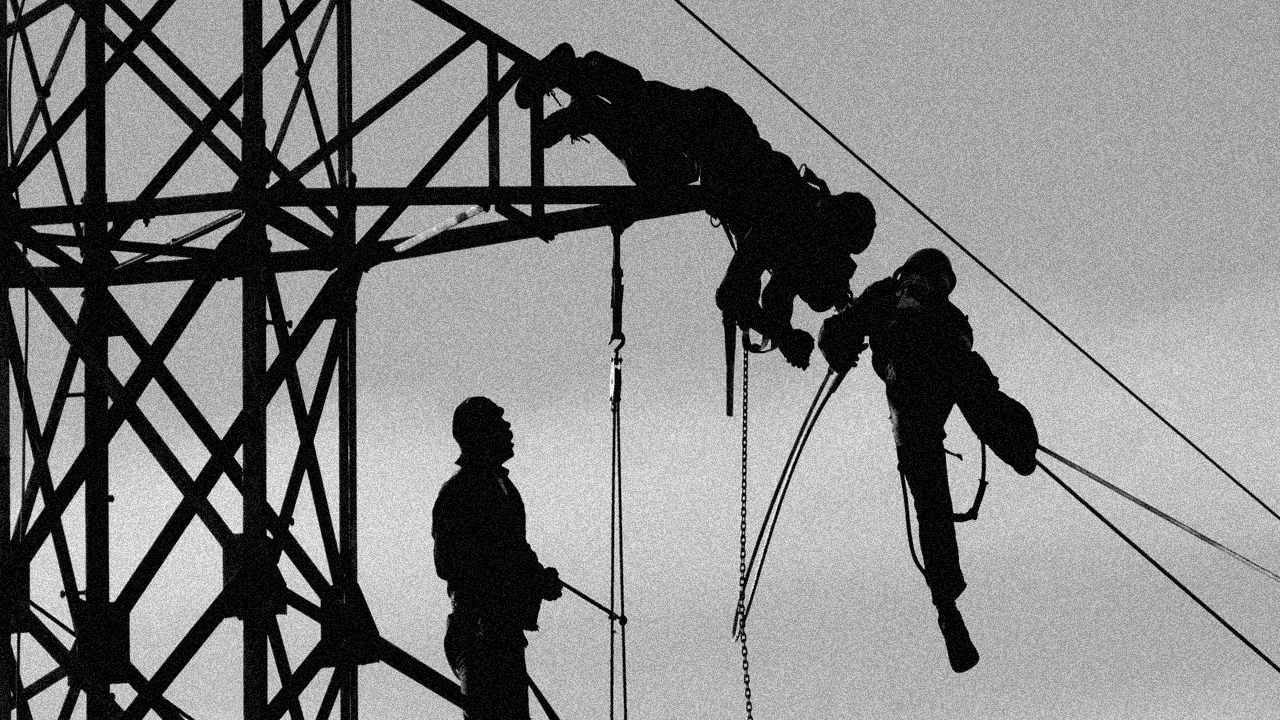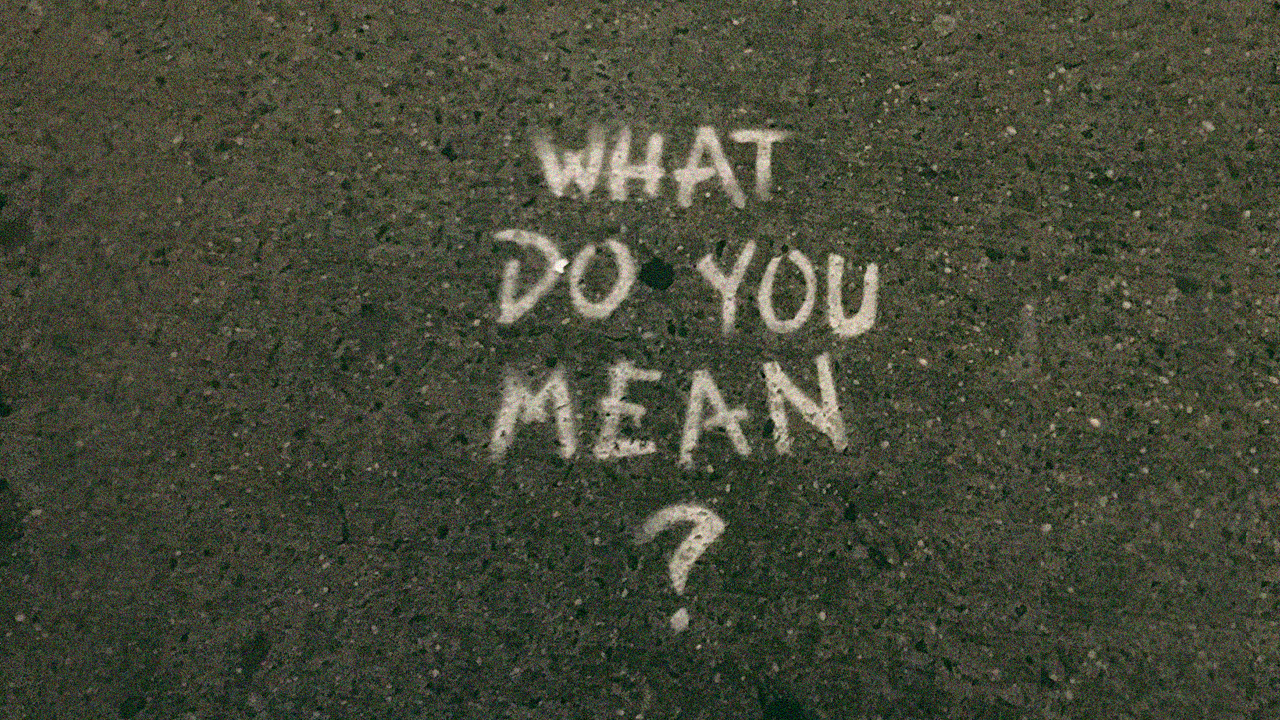
Ecclesiastes Moments
In 1205, Francesco Bernardone, Francis of Assisi to us, had another worldview shattering moment. After a series of shattering events including being held prisoner of war and becoming deathly ill led him to renounce his father’s wealth and reconfirm his faith, he was praying in the crumbling chapel called San Damiano. In a vision, the painting of Jesus on the wooden panel cross spoke, telling him to rebuild God’s house, church, because it was falling into ruin.
Young Francis took the words as literally as most of us would have and began repairing the broken structure of San Damiano. He missed the metaphor that seems obvious now, but some moments are so shattering to our view of the world and our place in it, that they seem to require an immediate response. Francis did what was available and knowable, but after a few more such shattering moments, it wasn’t what he did, but who he became—in poverty, humility, humor, and connection to all living things—that reminded those in a wealthy and powerful church who Jesus was and what they were supposed to be reflecting.
To be honest, Francis didn’t change institutional Catholicism any more than Jesus changed institutional Judaism a millennium before. But both of them provided the model and permission for those within the institution to have equally shattering and transforming moments of their own. At the end of his life a millennium before Jesus, Solomon writes in Ecclesiastes that all the wealth, power, fame, and pleasure he has amassed as king of Israel is meaningless, striving after the wind. Death levels the playing field and wipes out physical accomplishment. True meaning flows to us only when we are present enough to enjoy who we are, what we are doing, and whom we are with at any given moment.
An Ecclesiastes moment is a world and ego shattering epiphany that whittles us down past obsession with accomplishment and control to the liberation of pure presence. Most likely, we’ll need a series of them to break through, because until we see all meaning contained in just one continuous moment, we are not free enough to live it abundantly.





